Research
Funding
FamilieSCN2A accelerates research by directly funding grants and projects and by sharing information on other grant opportunities. Learn about all of our grant recipients!
With generous donor support, the FamilieSCN2A Foundation is excited to provide robust research funding opportunities through three different programs.
Read about them here, then scroll down to read about all of the Foundation's current and previously-funded research projects.
If you are interested in funding research, please contact us!
The Park Family Grant
Formerly known as the Hodgkin-Huxley Grant, the goal of this program is to address fundamental gaps in the basic and translational science of SCN2A-related disorders (SRDs) and to accelerate the development of therapies to clinical trials.
Eligibility: We welcome Letters of Intent from established research scientists at accredited universities worldwide that aim to develop treatments or cures for SCN2A-Related Disorders.
For applications received in 2025, priority will be given to:
1. Novel therapeutic approaches for SRDs, including but not limited to: gene therapies, ASOs, RNA-based therapies, small molecules, and peptides.
2. Development and validation of SCN2A biomarkers for disease progression and/or diagnosis.
3. Development and validation of potential SRD clinical trial endpoints.
Unsolicited, year-round LOIs accepted on a rolling basis. LOIs may be submitted using the template from the link below.
LOIs that are submitted with incomplete or missing information, or do not follow the template, will be returned without review.
The FamilieSCN2A Action Potential Grant
Through our investigator-initiated grant program, the FamilieSCN2A Foundation hopes to accelerate the development of therapeutic treatments and disease-modifying advancements for those living with changes in the SCN2A gene. This grant program is designed to facilitate preliminary investigations that will potentially lay the groundwork for subsequent grants from the government, industry, or other funding sources, including the FamilieSCN2A Foundation.
The FamilieSCN2A Foundation is interested in supporting research that advances understanding of the cellular, molecular, genetic, and systems-level mechanisms of SCN2A-related disorders. However, priority will be given to innovative projects which could potentially lead to therapeutic treatments or a cure for those with SCN2A-related disorders.
A maximum of 10% indirect costs (IDC) can be requested. The total amount requested, inclusive of IDC, cannot exceed $75,000.00.There is funding in 2026 to support one $75,000 Action Potential award.
The FamilieSCN2A Accelerator Program
The FamilieSCN2A Accelerator Program is an investment program in which funding is invested in a for-profit company on a competitive basis for drug development projects. The program is designed to address commercial funding gaps by de-risking therapeutic development for SCN2A Related Disorders. We fund projects that show promise for subsequent commercial development.
A Letter of Intent may be submitted by any scientist working at a for-profit company based in the US. An invitation to submit a full application will be made to the most promising and programatically appropriate LOIs. The applications will go through a rigorous, confidential review process for scientific merit. The applicant’s company and intellectual property portfolio will also be confidentially assessed.
LOIs for the 2025 Accelerator Program are due 1 April 2025, 11:59 PM ET. To access the LOI template, click the link below. Send your completed LOI as a PDF file to research@scn2a.org with the subject line "Accelerator."
Additional Funding
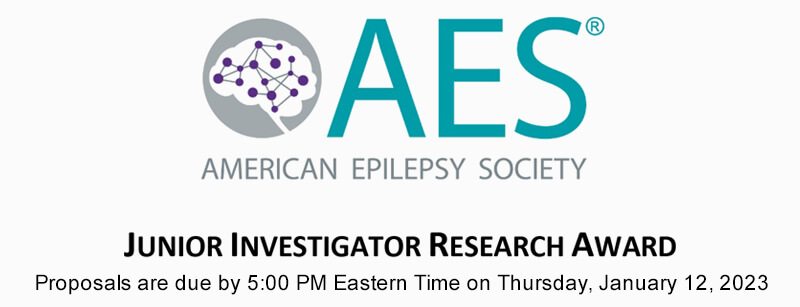
FamilieSCN2A hopes to accelerate the development of therapeutic treatments and disease-modifying advancements for those living with changes in the SCN2A gene by partnering with AES to fund young investigators.
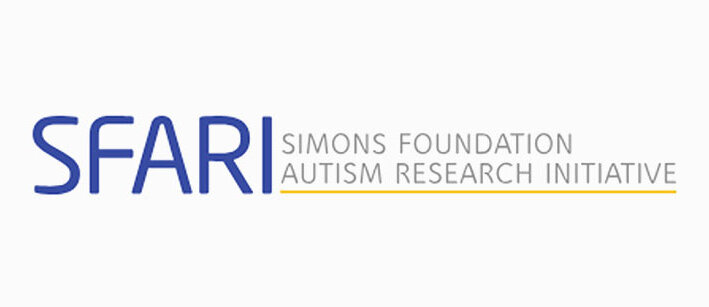
Our requests for applications (RFAs) serve a critical function in helping us fulfill SFARI’s mission (“to improve the understanding, diagnosis and treatment of autism spectrum disorders by funding innovative research of the highest quality and relevance”). These open calls for scientific proposals are SFARI’s opportunity to consider some of the research community’s most creative and impactful ideas.
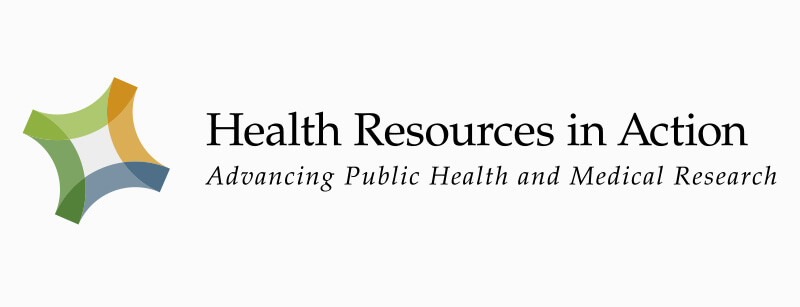
Our Requests for applications (RFAs) serve a critical function in helping us fulfill Charles A. King Trust’s mission (to “support and promote the investigation of human disease and the alleviation of human suffering through improved treatment”.) These open calls for scientific proposals are Charles A. King Trust’s opportunity to consider some of the SCN2A research community’s most creative and impactful ideas.

The Whitehall Foundation aims to support scholarly research in the life sciences that is not heavily supported by federal agencies or other foundations with specialized missions. The foundation is focused on supporting young scientists at the beginning of their careers and productive senior scientists who wish to move into new fields of interest. The foundation invites LOIs for two grant programs:
Research: Grants of up to $100,000 per year for two to three years will be awarded to established scientists working at accredited institutions in the United States. Grants will only be awarded to investigators who have received or expect to receive substantial support from other sources, even if it is for an unrelated purpose.
Grants-in-Aid: One-year grants of up to $30,000 will be awarded to researchers at the assistant professor level who experience difficulty in competing for research funds because they have not yet become firmly established. Grants-in-Aid can also be made to senior scientists.
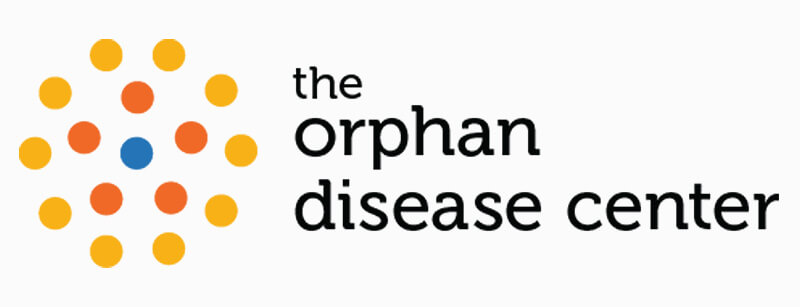
From 2022 to 2024, the FamilieSCN2A Foundation participated in the MDBR. At that time, the ODC secured philanthropic donations that were used to match, dollar‐for‐dollar, the funds raised by cyclists, but the matching program ended after 2024. It is a wonderful event and we hope to participate again at some future date. If you have any interest in organizing a team please contact us at info@scn2a.org.
The scientific leadership of the ODC and its extramural advisors review the applications and grant awards to those of the highest scientific merit which address the specific topics outlined in the RFA. The ODC disperses the money to grantees and manages the progress of the science and spending on the award.
Research Funded by
The FamilieSCN2A Foundation
2025 Hodgkin-Huxley Awardees

Aislinn Williams
University of Iowa

Aislinn Williams
University of Iowa
Many symptoms of SCN2A-related disorders may be unrelated to seizures, and the mechanisms that lead to non-seizure symptoms remain poorly understood. Dr. Aislinn Williams is collaborating with Dr. Chris Ahern and Dr. Theanne Griffith to characterize how loss-of-function mutations in SCN2A cause these symptoms, including sleep disturbances, autonomic dysfunction, and changes in pain sensation. This work will improve our understanding of SCN2A function more broadly, and may identify new treatment targets.
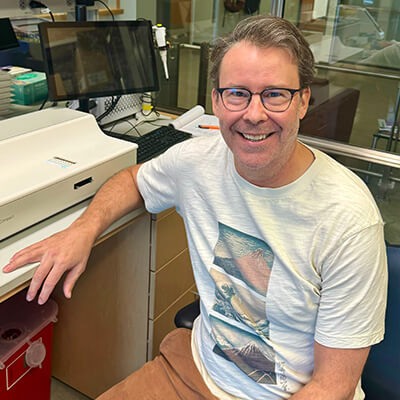
Chris Ahern
University of Iowa

Chris Ahern
University of Iowa
Many symptoms of SCN2A-related disorders may be unrelated to seizures, and the mechanisms that lead to non-seizure symptoms remain poorly understood. Dr. Aislinn Williams is collaborating with Dr. Chris Ahern and Dr. Theanne Griffith to characterize how loss-of-function mutations in SCN2A cause these symptoms, including sleep disturbances, autonomic dysfunction, and changes in pain sensation. This work will improve our understanding of SCN2A function more broadly, and may identify new treatment targets.

Theanne Griffith
University of Iowa

Theanne Griffith
University of Iowa
Many symptoms of SCN2A-related disorders may be unrelated to seizures, and the mechanisms that lead to non-seizure symptoms remain poorly understood. Dr. Aislinn Williams is collaborating with Dr. Chris Ahern and Dr. Theanne Griffith to characterize how loss-of-function mutations in SCN2A cause these symptoms, including sleep disturbances, autonomic dysfunction, and changes in pain sensation. This work will improve our understanding of SCN2A function more broadly, and may identify new treatment targets.
2023 Hodgkin-Huxley Awardees
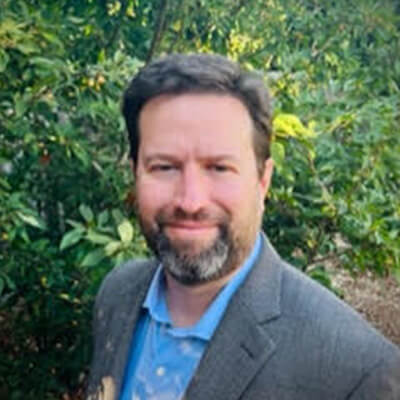
Kevin Bender
Bender Lab, UCSF

Kevin Bender
Bender Lab, UCSF
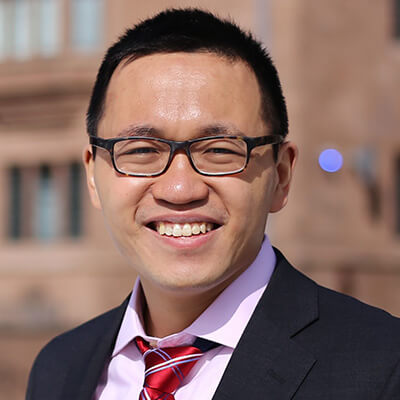
Yang Yang
Yang Lab, Purdue University

Yang Yang
Yang Lab, Purdue University
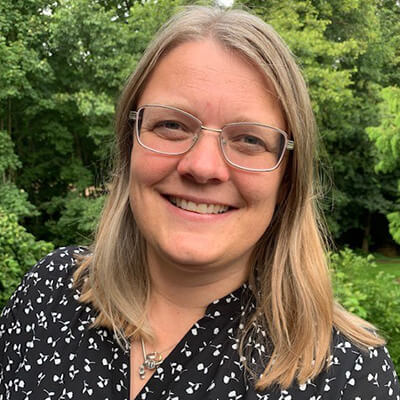
Rikke Steensbjerre Møller
Danish Epilepsy Centre, Filadelfia; University of Southern Denmark

Rikke Steensbjerre Møller
Danish Epilepsy Centre, Filadelfia; University of Southern Denmark
The aim of this collaborative project between Rikke Møller's and Dennis Lal’s research teams is to establish and maintain an international SCN2A database that can be used to study genotype-phenotype relationships in SCN2A-related disorders. The database will help to record the number of individuals per pathology as well as their distribution. Furthermore, data from the database can help describing the natural history of SCN2A-related disorders, identifying outcome measures and put the basis for drug trial readiness. The specific aims of the study are: 1) To establish and maintain a database including clinical, genetic and epidemiological data of all published individuals with SCN2A-related disorders 2) Assess all reported variants and classify according to the American College of Medical Genetics and Genomics guidelines and 3) integrate all data in the existing SCN portal (scn-portal.broadinstitute.org) – an interactive website designed to provide updated and comprehensive information on SCN2A-related disorders.
2025 Accelerator Program Awardee

Mahzi Therapeutics
2025 Action Potential Grant Awardee
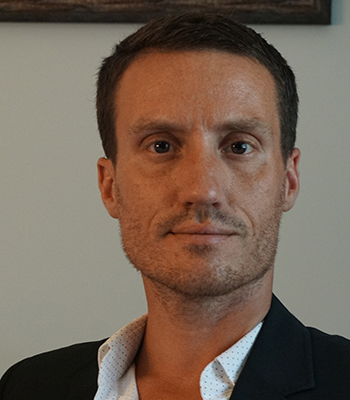
Morgan Robinson, PhD
Purdue University

Morgan Robinson, PhD
Purdue University
Past Action Potential Grant Awardees

Michael Coulter, MD, PhD
UCSF / Loren Frank Lab

Michael Coulter, MD, PhD
UCSF / Loren Frank Lab
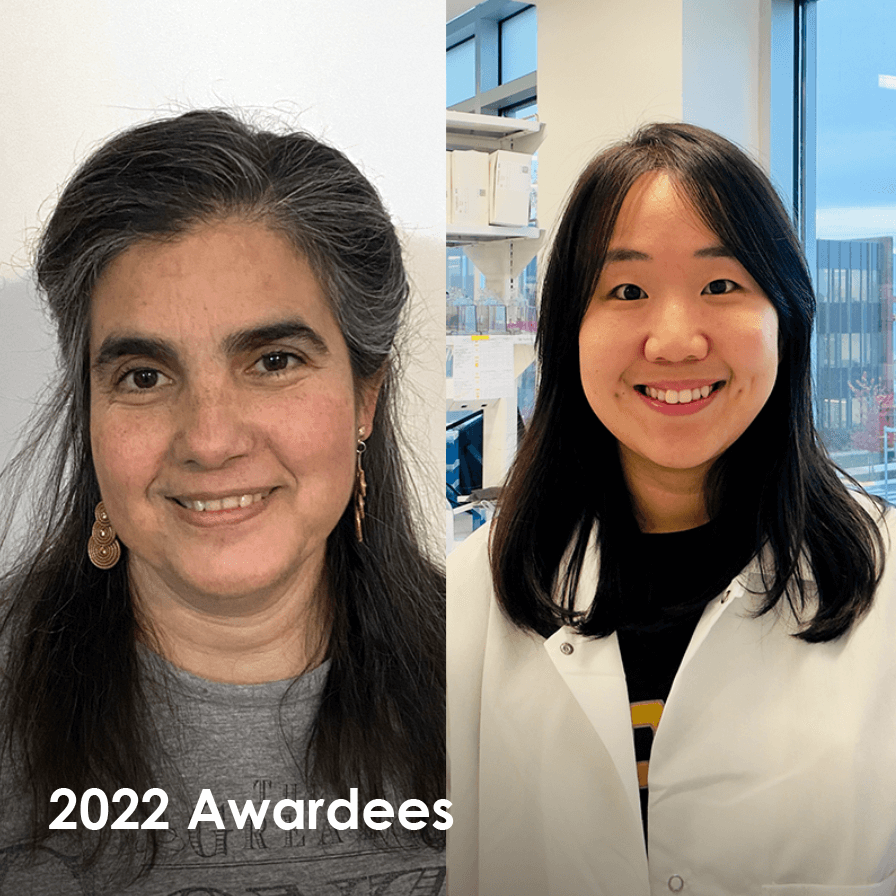
Iria Gonzalez-Dopeso Reyes & Ye-Eun Yoo
Kremer Lab, Institut de Génétique Moléculaire de Montpellier; Yang Lab, Purdue University

Iria Gonzalez-Dopeso Reyes & Ye-Eun Yoo
Kremer Lab, Institut de Génétique Moléculaire de Montpellier; Yang Lab, Purdue University
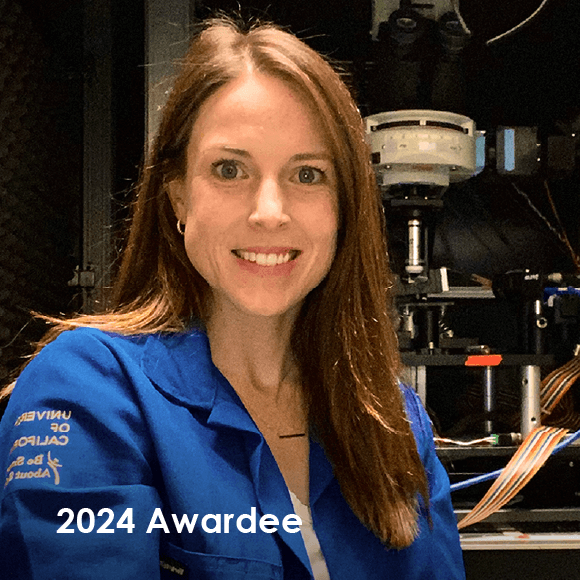
Kathryn Salvati, PhD
The University of California, San Francisco (UCSF)

Kathryn Salvati, PhD
The University of California, San Francisco (UCSF)

Megan Abbott, MD
Children’s Hospital Colorado

Megan Abbott, MD
Children’s Hospital Colorado
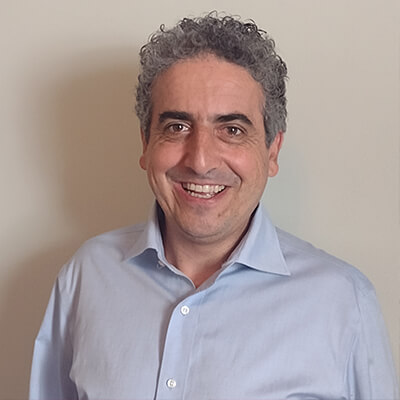
Roy Ben-Shalom Ph.D., Assistant Professor
UC Davis MIND Institute / UC Davis Health Department of Neurology

Roy Ben-Shalom Ph.D., Assistant Professor
UC Davis MIND Institute / UC Davis Health Department of Neurology
Utilizing computational models to simulate the effects of SCN2A variants on neuronal excitability and testing potential therapeutics
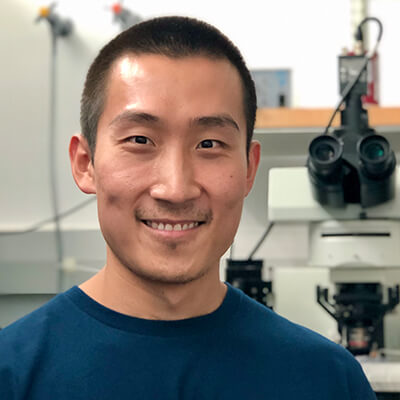
Chenyu Wang, MS
UCSF / Bender Lab

Chenyu Wang, MS
UCSF / Bender Lab
-----------------------
★ $50,000 – Research Grant (1 year project)
★ Understanding cellular and behavioral effects of Scn2a haploinsufficiency in cerebellar circuits
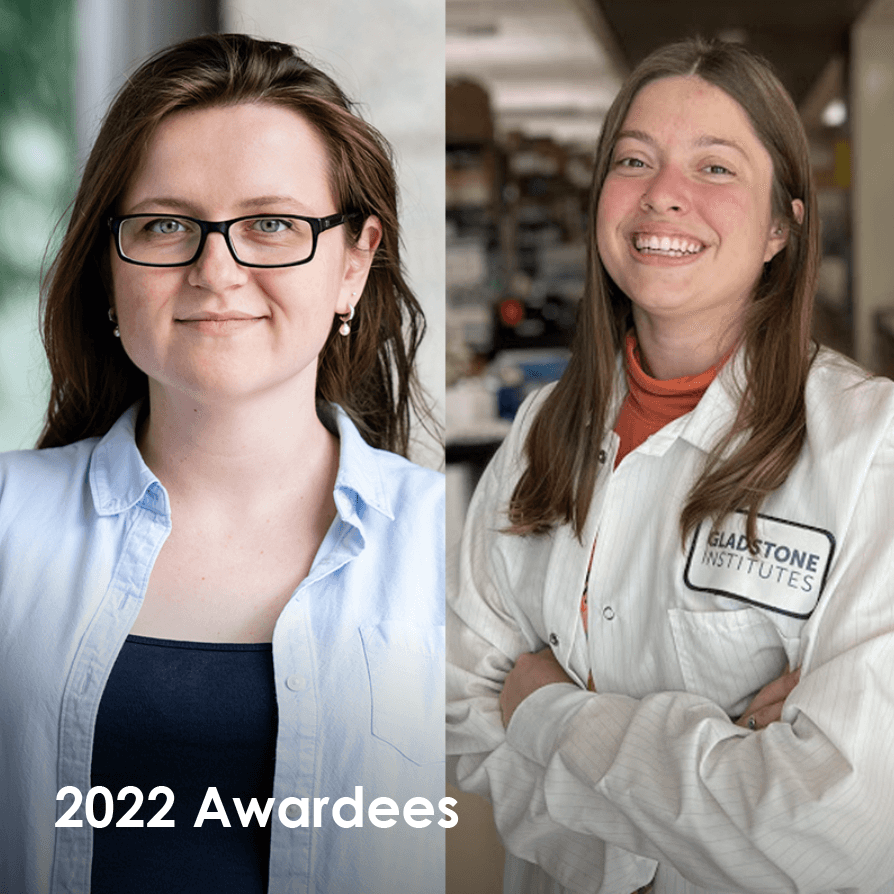
Yuliya Voskobiynyk & Vivianna Denittis
& Vivianna Denittis

Yuliya Voskobiynyk & Vivianna Denittis
& Vivianna Denittis
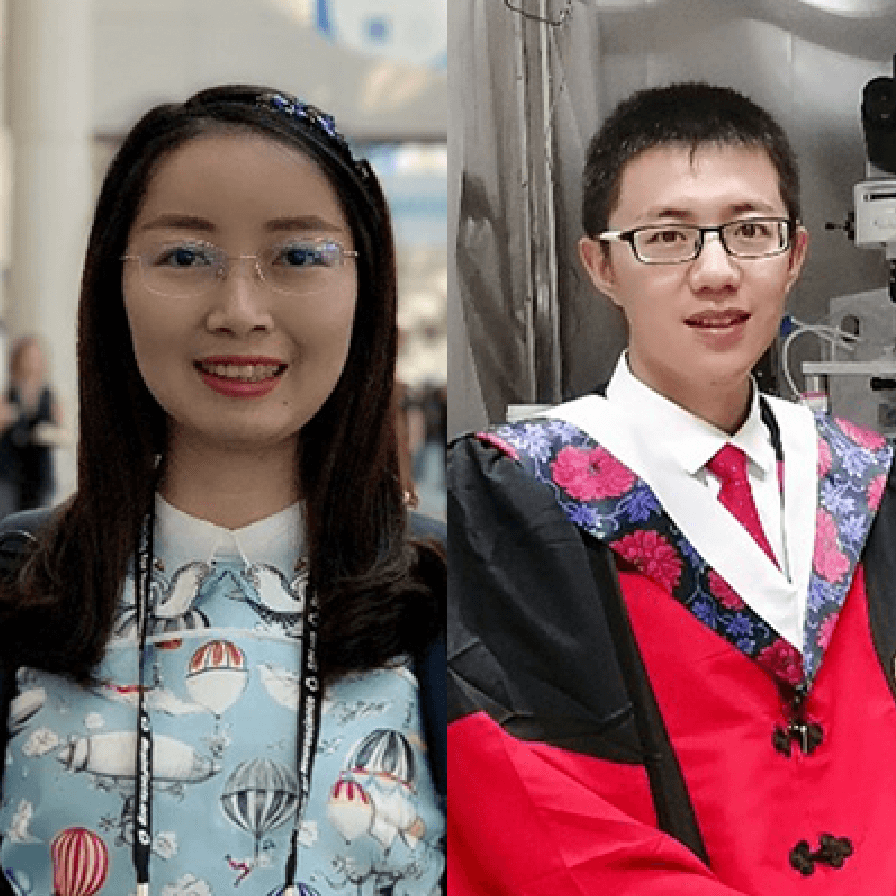
Xiaoling Chen, PhD & Jingliang Zhang, PhD
Purdue University

Xiaoling Chen, PhD & Jingliang Zhang, PhD
Purdue University

Sunita Misra, MD, PhD
Northwestern University; Lurie Children’s Hospital

Sunita Misra, MD, PhD
Northwestern University; Lurie Children’s Hospital
In the past, anticonvulsant medications have not been tested for seizure reduction in mouse models of genetic epilepsy. Instead pre-clinical medication trials look at reduction of seizures induced with chemical or electrical stimulation. Recently Dr. Jennifer Kearney's lab at Northwestern University made a new mouse mode of SCN2A-related epilepsy. As part of her FamilieSCN2A Foundation Action Potential Grant, Dr. Sunita Misra is studying seizures in this new mouse model. Sunita's ongoing work shows that seizures in the new Scn2a mouse model are different than seizures caused by chemical or electrical stimulation. These differences may partly explain why many children with SCN2A-related early onset epilepsy have seizures that are difficult to control with current anticonvulsant medications. Further work will look at the effectiveness of FDA approved anticonvulsant medications at blocking seizures in the SCN2A mouse model.
-----------------------
★ $50,000 – Research Grant (1 year project)
★ Downstream Effects of SCN2A-Related Epilepsy
SCN2A dysfunction changes the way brain cells communicate both electrically and chemically leading to epilepsy and neuropsychological comorbidities. I will use EEG to identify seizure patterns and the role of sleep on seizures in a new mouse model of SCN2A-related epilepsy. Then I will look at neurotransmitter levels in the brains of mice with SCN2A-related epilepsy. I will use drugs that target the abnormal neurotransmitter levels to improve abnormal electrical and chemical signaling in the brain. This work may identify new druggable targets for better control of epilepsy and associated comorbidities in SCN2A-related epilepsy.
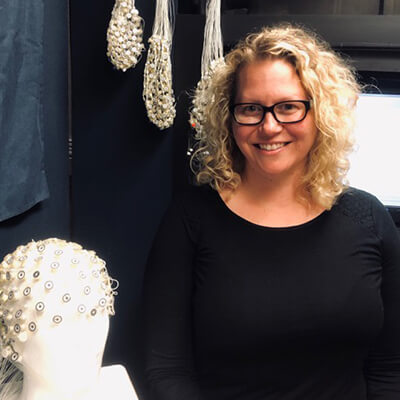
Caitlin M. Hudac, Ph.D., Assistant Professor
Center for Youth Development and Intervention (CYDI); Department of Psychology; Brain Research Across Development (B-RAD) Lab

Caitlin M. Hudac, Ph.D., Assistant Professor
Center for Youth Development and Intervention (CYDI); Department of Psychology; Brain Research Across Development (B-RAD) Lab
The B-RAD Lab studies how the brain changes as infants, children, and adults learn about the world, including individuals with neurodevelopmental disorders and/or SCN2A mutations. Dr. Hudac leads the BioGENE Study (Biomarkers of Genetic Etiology of Neurodevelopmental disorders) that is funded via a FamiliesSCN2A Foundation Action Potential Grant. Together with her earlier work, her team has recorded brain waves using electroencephalography (EEG) from over 40 individuals with SCN2A mutations. The goal of this study is to learn about the SCN2A brain (compared to other individuals with a neurodevelopmental disorder)– including general organization, how attention shifts over time, and patterns of learning. We work closely with other scientists to inform preclinical models (e.g., Drosophila and mouse models) and establish reliable biomarkers to use to evaluate clinical trials and treatment success.
-----------------------
★ $50,000 – Research Grant (1 year project)
★ SCN2A Neural Biomarkers of Attention
Aligned with the #FamiliesSCN2AFoundation mission to improve the lives of those affected by SCN2A-related disorders, this project aims to generate a candidate biological indicator (“biomarker”) that can be used to track changes in children with SCN2A disruptive mutations. This will be critical for developing and assessing the effectiveness of clinical interventions. For this project, 20 children with disruptive SCN2A mutations will wear an electroencephalography (EEG) net while watching movies. We will test an auditory attention brain biomarker and characterize how these brain responses to sounds relate to other aspects of the child’s behavior.
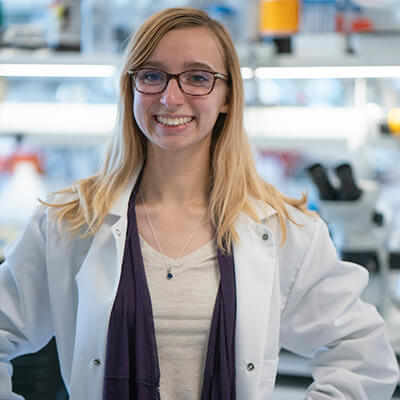
Muriel Eaton
College of Pharmacy, Purdue University; Yang Lab

Muriel Eaton
College of Pharmacy, Purdue University; Yang Lab
-----------------------
★ $50,000 – Research Grant (1 year project)
★ Advancing gene therapy in a preclinical mouse model of SCN2A deficiency
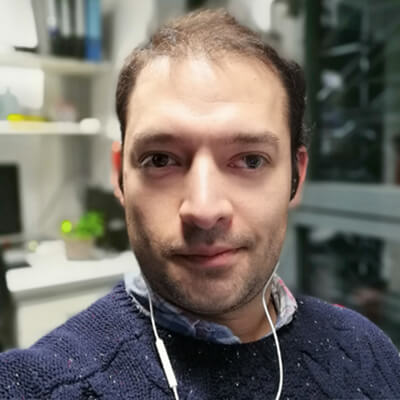
Eduardo Pérez-Palma, PhD
Genomic Medicine Institute, Cleveland Clinic, Chile

Eduardo Pérez-Palma, PhD
Genomic Medicine Institute, Cleveland Clinic, Chile
-----------------------
★ $50,000 – Research Grant (1 year project)
★ Integrating clinical and genetic variables to model SCN2A variant pathogenicity and outcomes
UPenn Orphan Disease Center Million Dollar Bike Ride Pilot Grant

Paul M. Jenkins, PhD
Assistant Professor, Department of Pharmacology and Psychiatry, University of Michigan Medical School

Paul M. Jenkins, PhD
Assistant Professor, Department of Pharmacology and Psychiatry, University of Michigan Medical School
The goal of this project is to determine if SCN2A variants that were assumed to be associated with gain- or loss-of-function, but nevertheless appear completely normal via functional assays, hint that other channel properties, like its ability to be anchored in the membrane, are impaired. To test this, the Jenkins lab will use biochemical assays to determine the effects of five SCN2A variants with normal channel properties on their ability to bind ankyrins. Furthermore, we will use knockout-rescue-approaches in cultured mouse neurons to examine the localization of these channel variants within neurons. This work will not only shed light on mechanisms underlying important neurodevelopmental disorder-associated variants in SCN2A, but also provide insight into how rare variants could be contributing to the unique and variable phenotypes of SCN2A-associated disorders.
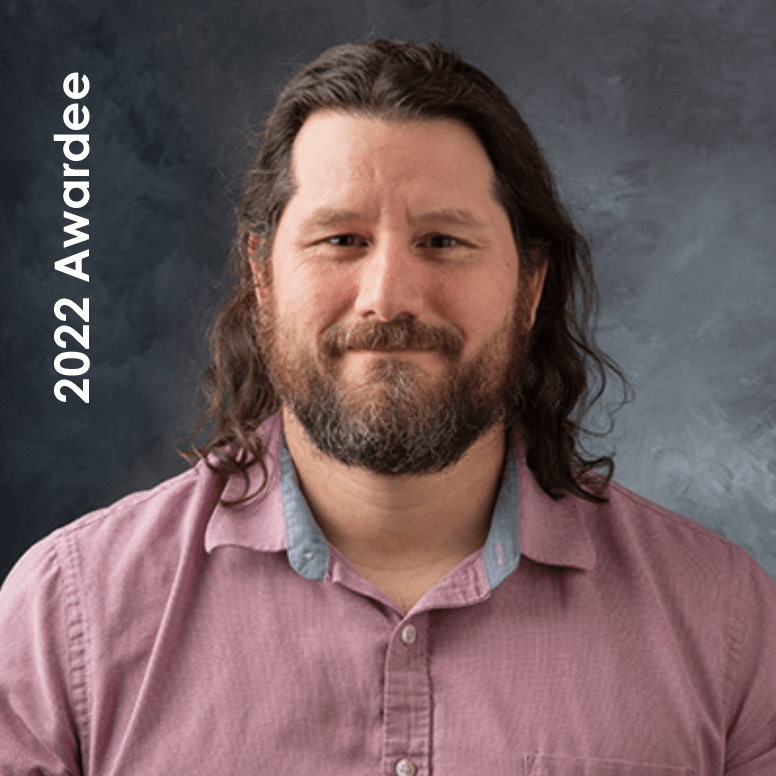
Samuel Young, Jr, PhD
Professor and Vice-Chair of Research, Department of Anatomy and Cell Biology, University of Iowa

Samuel Young, Jr, PhD
Professor and Vice-Chair of Research, Department of Anatomy and Cell Biology, University of Iowa
Prior to joining the University of Iowa in 2017, he was an Independent Max Planck Research Group Leader of Research Group-Molecular Mechanisms for Synaptic Function at the then newly created Max Planck Florida Institute for Neuroscience (2010-2017). Dr. Young carried out 2 postdoctoral work on the biophysical and molecular mechanisms of synaptic transmission under the direction of Erwin Neher at the Max Planck Institute for Biophysical Chemistry in the Department of Membrane Biophysics in Goettingen, Germany. He carried out postdoctoral work on molecular mechanisms of synaptic transmission and the development of viral vectors for neuronal transduction under the direction of Charles F. Stevens, MD. PhD at the Howard Hughes Medical Institute and the Salk Institute in La Jolla, California. He carried out his doctoral work in the Curriculum in Genetics and Molecular Biology program at the University of North Carolina- Chapel Hill on the characterization of Adeno-associated virus type-2 site specific recombination under the direction of R. Jude Samulski, PhD in the Gene Therapy Center Dr. Young completed his undergraduate at Princeton University, graduating in 1996 with an A.B in Molecular Biology where he carried his senior thesis research on p53 cell cycle control under the direction of Arnold J. Levine, PhD.

Jennifer Kearney, PhD
Associate Professor Department of Pharmacology, Feinberg School of Medicine, Northwestern University

Jennifer Kearney, PhD
Associate Professor Department of Pharmacology, Feinberg School of Medicine, Northwestern University
